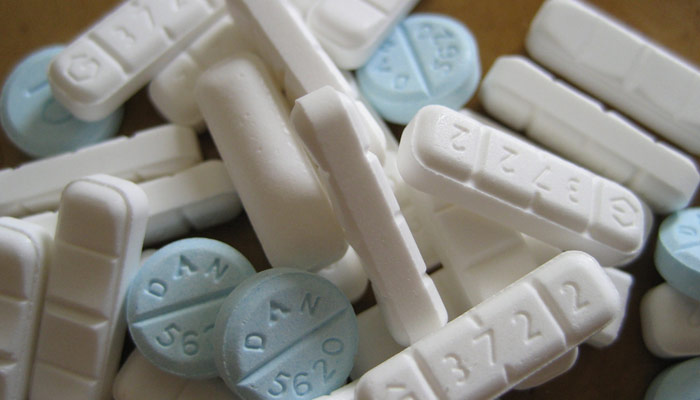 Introduction:
Introduction:
More than 60 million Americans have high blood pressure (high BP) including more than half (54.3%) of all Americans age 65 to 74 years old and almost three quarters (71.8%) of all American blacks in the same age group. High BP is a major risk factor for a heart attack or stroke. In fact, it is generally regarded as the most significant risk factor for a stroke.
Drugs to lower blood pressure are among the most commonly prescribed medicines in the U.S. More than 678 million blood pressure prescriptions were filled in 2010. All of the current classes of blood pressure lowering drugs possess significant side effects. A new study indicates that women taking blood pressure lowering drugs called calcium-channel blockers, like Norvasc (amlodipine) for 10 years or more had a 2.5 times higher risk of developing breast cancer than those who never took the medicine or who used other blood pressure treatments.
According to the National Cancer Institute more than 232,000 women will be diagnosed with breast cancer in the United States this year and more than 39,600 will die of the disease. It is a sad fact that many of these women may have been the victims of the cancer being caused by taking a calcium channel blocker.
[expand title=”Read More” swaptitle=”Close”]
Background Information:
Each year about 100 million prescriptions are filled for calcium-channel blockers. Calcium-channel blockers lower blood pressure by preventing calcium from entering cells thereby relaxing blood vessels. Since calcium is required in the function of nerve transmission and muscle contraction, the effect of blocking the calcium channel is to slow down nerve conduction and inhibit the contraction of the muscle. In the heart and vascular system, this action results in reducing the rate and force of contraction, relaxing the arteries, and slowing the nerve impulses in the heart. Although calcium channel blockers have been shown to lower the risk of stroke, they have also been shown to produce an increased risk for heart attacks.
Although much better tolerated than beta-blockers, ACE inhibitors, and diuretics – other popular drug categories for high blood pressure – calcium channel blockers still produce some mild side effects including constipation, allergic reactions, fluid retention, dizziness, headache, fatigue, and impotence (about 20% of users). More serious side effects include disturbances of heart rate or function, heart failure, and angina.
Examples of calcium-channel blockers include:
- amlodipine (Norvasc)
- diltiazem (Cardizem CD, Cartia, Dilacor Xr, Diltia Xt, Tiazac)
- felodipine (Plendil)
- lacidipine (Motens)
- lercanidipine (Zanidip)
- nicardipine (Cardene, Carden SR)
- nifedipine (Adalat CC, Procardia XL)
- nimodipine (Nimotop)
- nisoldipine (Sular)
- nitrendipine (Cardif, Nitrepin)
- verapamil (Calan, Covera-Hs, Isoptin, Verelan)
New Data:
Previous studies have indicated that blood pressure lowering drugs may increase the risk for certain cancers. To evaluate associations between use of various classes of blood pressure medications and risks of invasive ductal and invasive lobular breast cancers among postmenopausal women, a study was conducted in the Seattle-Puget Sound metropolitan area. Participants were women aged 55 to 74 years, 880 of them with invasive ductal breast cancer, 1027 with invasive lobular breast cancer, and 856 with no cancer serving as controls.
Results demonstrated that use of calcium-channel blockers for 10 or more years was associated with significantly higher risks of both ductal breast cancer and lobular breast cancer. This relationship did not vary appreciably by type of calcium-channel blocker used. In contrast, use of diuretics, beta-blockers, and ACE inhibitors were not associated with risk of breast cancer.
The relative risk for developing breast cancer was 2.5 times (250%) greater among users of calcium channel blocking drugs.
Commentary:
These results provide a significant cause of concern and underline the importance of using alternative therapies for blood pressure control in women, preferably non-drug therapies.
All of the current classes of blood pressure lowering drugs possess significant side effects. Every effort should be made to control blood pressure through diet, lifestyle modification, and the proper use of natural products.
For my specific recommendations to lower blood pressure naturally, see the article on High Blood Pressure in my Health Conditions section.
Reference:
Li CI, Daling JR, Tang MT, et al. Use of Antihypertensive Medications and Breast Cancer Risk Among Women Aged 55 to 74 Years. JAMA Intern Med. 2013 Aug 5. doi: 10.1001/jamainternmed.2013.9071.
[/expand]



